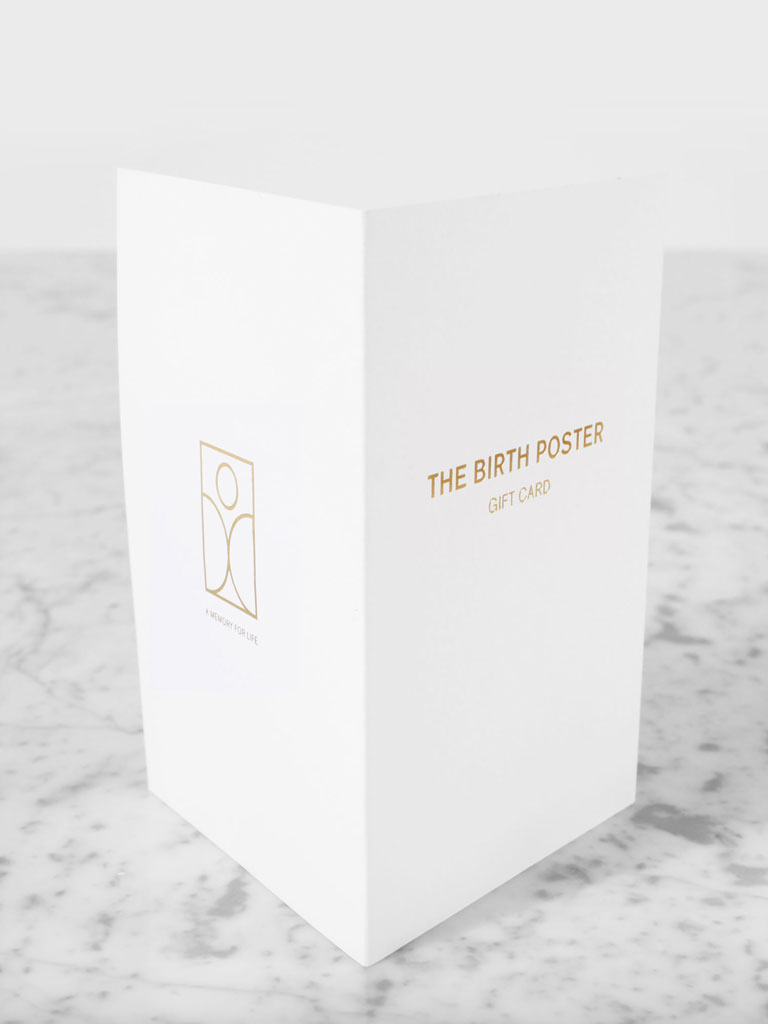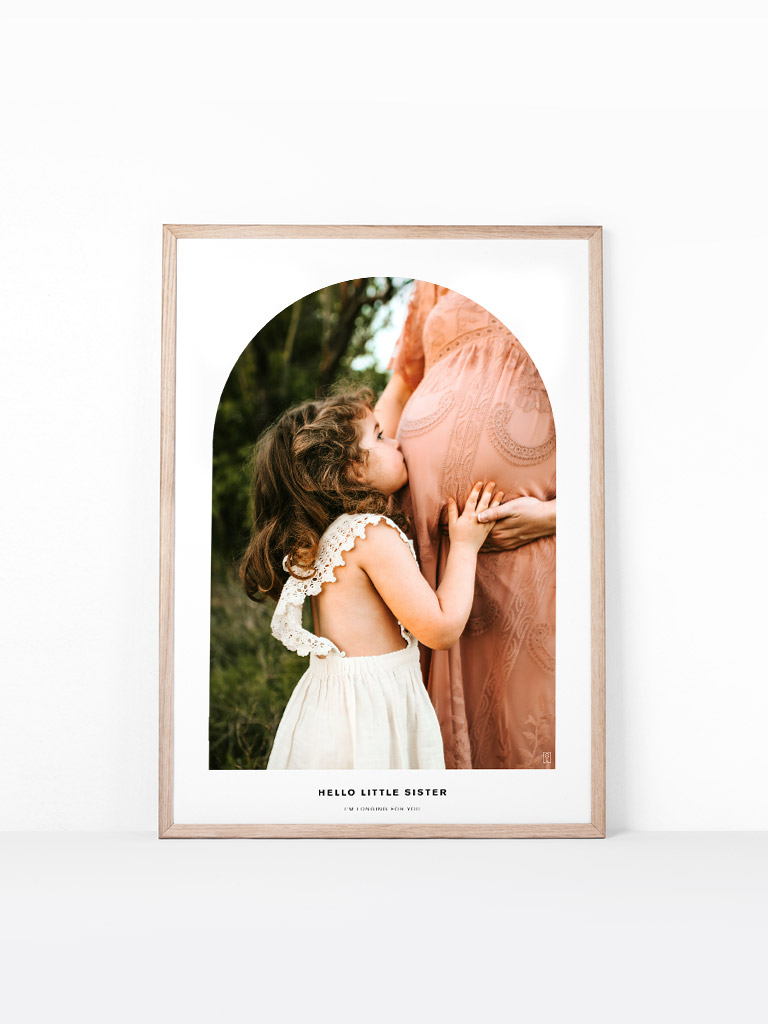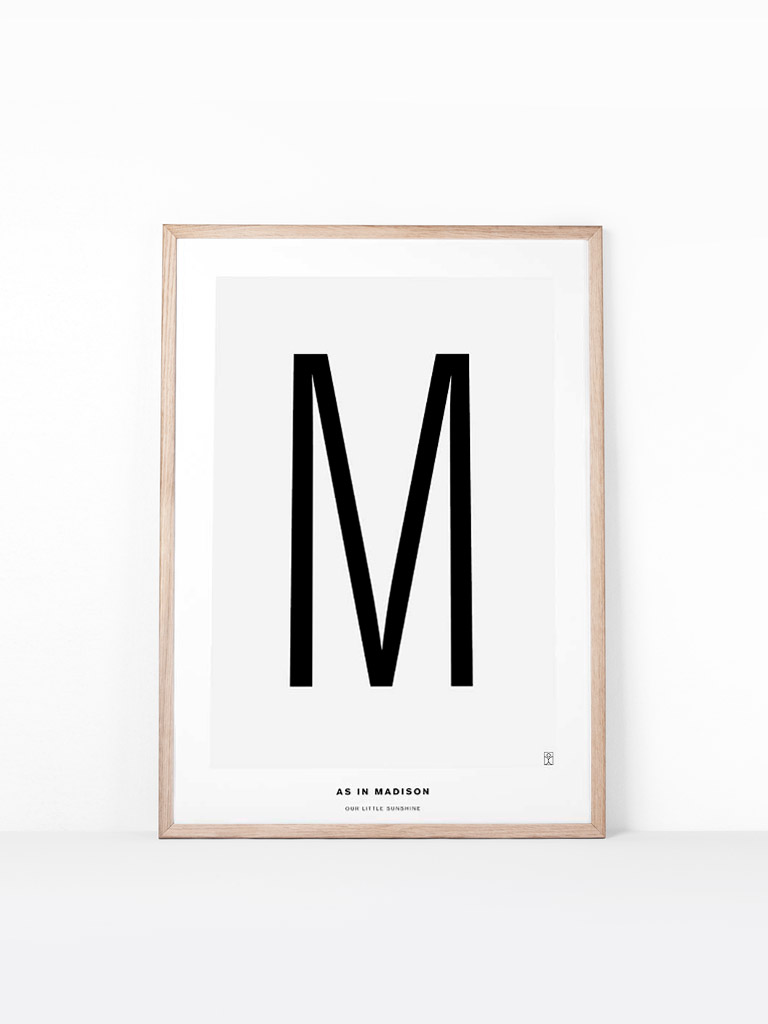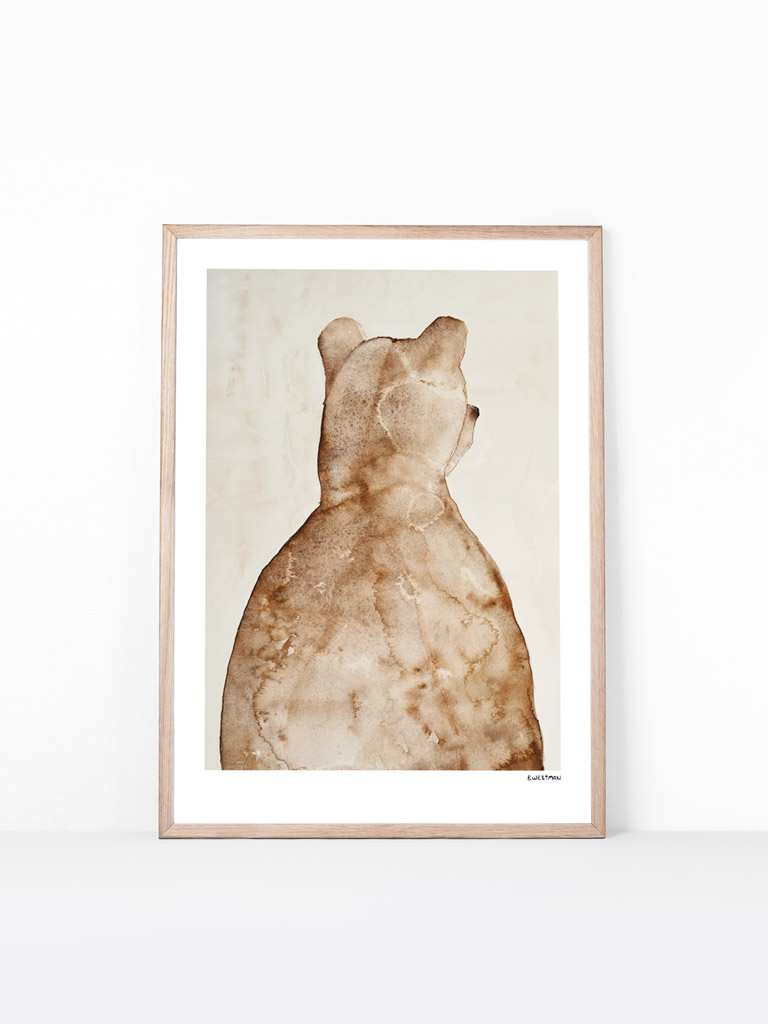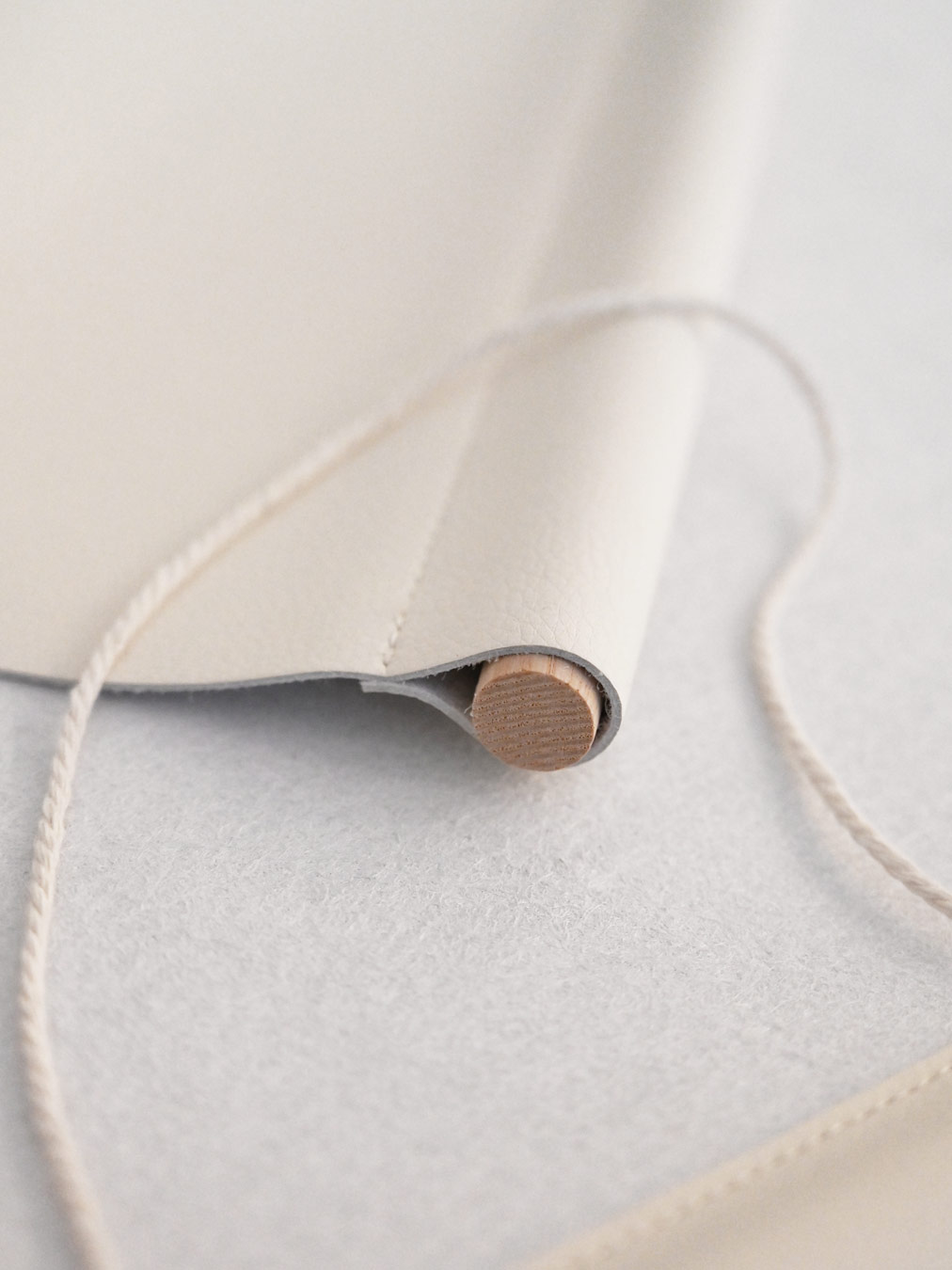Over 100.000+
glade kunder
siden 2013
The Birth Poster er elsket af forældre fra hele verden,
tjek deres anmeldelser for at finde ud af hvorfor.
🚀 Gratis og hurtig forsendelse
🎁 Den mest meningsfulde gave til forældre
✅ Den originale fødselsplakat i skala 1:1
⭐️ 6000+ 5-stjernede anmeldelser




